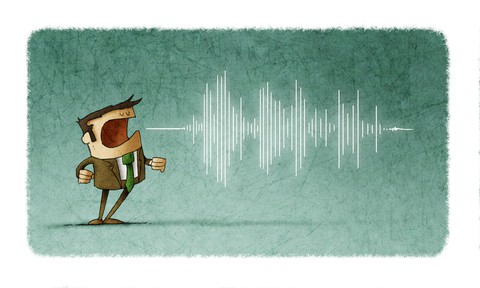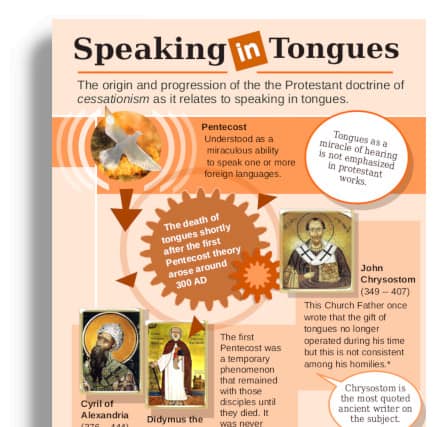Current Pentecostal, Charismatic, and Third Wave responses to the Gift of Tongues Project.
A number of readers have asked me lately about the response from the Renewalist communities (Pentecostals, the Charismatic Movement, and affiliations) to the Gift of Tongues Project. Here are a few observations.
An opinion piece
The reader must be aware that the following responses are feelings, opinions, and hunches that are harvested from a very narrow set of data. The results are from personal observations and conversations within the Renewalist communities about speaking in tongues. It is also from data gathered from my website, Facebook ads, and a focus group. Still, even with all these tools at hand, this is speculative and subject to change. Neither do these thoughts align with the standards set out in The Gift of Tongues Project which has a more rigorous objective framework.

